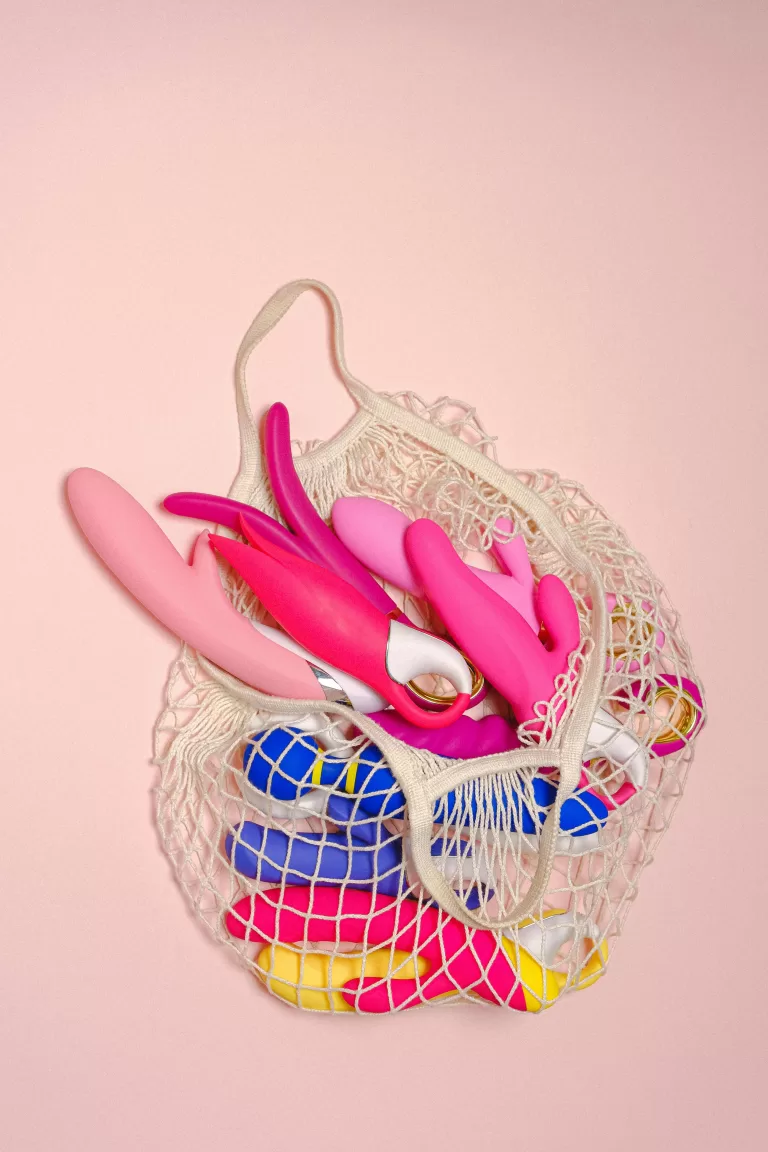4 Ways to Discover if You’re in the Wrong Relationship or if it’s OCD
Do you sometimes feel anxious and confused about your relationship? At some point in their relationship, most people wonder, what if they’re no longer in love with their partner? These doubts are common among people and can occasionally pop up in your mind too.

In a few people, however, these thoughts become frequent and obsessive. Relationship anxiety and compulsion are more common today than in the past. Social media has provided us access to a larger field of comparison that could feed our insecurities.
This article will show you how to distinguish between the wrong relationship, relationship anxiety and relationship OCD and if you’re in the wrong relationship.
4 Ways to Discover if You’re in the Wrong Relationship or if it’s OCD
ROCD vs. Normal Relationship Doubts
Once you cross a threshold of time or intimacy with your partner, you may begin to have doubts about your relationship. You may feel that you’ve given enough and that your feelings aren’t being reciprocated. There’s also a possibility that you succumb to your fears and obsessive doubts that could ruin your relationship. There’s a fine line between ROCD or and normal doubts, and figuring that out can make all the difference.
If you doubt your love or think it would be a big mistake to commit yourself to it, you’re just like any other person. However, if these thoughts run through your head for hours and days, you may be suffering from relationship compulsion or ROCD. While normal doubts can be soothed by self-realization, ROCD goes beyond that. You’ll need strong external validation to dismiss these concerns, and chances are they’ll come back.
If your thoughts are taking up more and more of your time and draining you mentally or physically, then you’re probably suffering from ROCD. This type of OCD can be particularly tricky to diagnose. That’s because we all have doubts about our relationships at one time or another.
The best way to find out if you’re in a bad relationship or suffering from ROCD is to analyze your feelings and doubts. If you’re in the wrong relationship or have fallen out of love, your thoughts won’t carry over from one relation to another. However, if you’re suffering from ROCD, regardless of your relationship quality, you will transfer your doubts and insecurities from one person to the next.
If you think you aren’t suffering from ROCD and are in the wrong relationship, you can check your suspicion by looking for red flags. These flags can be repeated incidents of lying, infidelity, addiction, or manipulation. If you think your partner is showing one or more of these signs, you may be in the wrong relationship. Talking about it with your friends or partner can help you figure it out.
Signs of Relationship OCD
Relationship suspicions are the first visible symptom of ROCD, but they aren’t sufficient to diagnose this anxiety disorder. ROCD may be characterized by obsessive behaviours and intrusive thoughts surrounding relationship insecurity.
In a person suffering from ROCD, these thoughts surface in the form of intense anxiety or discomfort. It becomes very difficult for them to let go of these thoughts, which can sabotage the relationship.
ROCD usually revolves around a cycle of obsession, despair, and compulsion.
Obsession
Obsession simply means that you’re constantly questioning and worrying about your relationship. It usually occurs in the form of “what if” questions. If you’re always thinking about whether the relationship isn’t right for you or if you’re not attracted enough to your partner, then you’re obsessing.
Distress
If you suffer from relationship OCD, you may experience a sudden bout of anxiety or despair because you don’t know the answers. These thoughts can take up much of your time and psychologically drain you. If you suffer from severe OCD, the thought of not knowing anything can leave you unable to go about your daily life.
In case you’re distressed because you don’t know anything or are fixated on your thoughts, you may feel that your thoughts are pointing to the truth. You may feel the need to separate or keep your distance from your partner. Even if you think that this helps you mentally, it’s only temporary relief.
Compulsion
Compulsion usually refers to the obsessive behaviour you engage in to answer your questions. If you’re looking for evidence to prove whether you’re in the right or wrong relationship, then you’re acting compulsively. An example of compulsive behaviour may be scanning yourself for a loved emotion to prove to yourself that you love your partner enough.
Obsessive thoughts and compulsive behaviour are the most visible signs of ROCD. They can force you to leave a happy and loving relationship. RCCD is a constant cycle of compulsion, distress, and obsession. Distracting yourself from these thoughts with compulsive actions may relieve you, but it’s only temporary. These signs are the most reliable way to distinguish your anxiety from OCD.
How to Treat Relationship OCD?

Although it’s difficult to diagnose ROCD, analyzing your thoughts and actions can help you recognize it. Staying true to yourself and seeking help from your therapist is the best way to cope with and overcome ROCD.
Reframing Your Negative Thoughts or Cognitive Distortions
Cognitive distortions are basically unhealthy and negative thought patterns that are usually inaccurate or biased towards the person you love. Identifying them cannot be easy because you may not even realize that you’re generalizing your thought processes.
If you perceive these thoughts as facts, they can hinder your decision-making ability. These thoughts negatively affect your relationships. Everyone is caught in these thoughts, but people who suffer from ROCD can fall into this trap even more often.
The best way to deal with these thoughts is cognitive restructuring. You can do this by keeping a thought log.
Acceptance and Commitment Therapy
Questioning your negative thoughts may relieve you, but it won’t reduce your anxiety. Therefore, the best way to calm yourself is to control your reaction to your thoughts. Acceptance and Commitment Therapy helps you handle your thoughts. This is done by tolerating and accepting your fears without the intention of changing or challenging them.
If you willingly accept your anxiety, you can stop it from ruining your life. To do this, you must understand and acknowledge that anxiety isn’t a bad thing and is part of your life. To eliminate your suffering, you must make room for your feelings and expand your description of what you’re willing to feel.
Exposure Therapy
An important aspect of dealing with and overcoming ROCD or even HOCD is to become active and face your fears. In exposure therapy, you intentionally expose yourself to situations you’re afraid of to trigger your anxiety. This is usually followed by response avoidance, where you don’t react to your behaviour to reduce your anxiety.
For instance, you avoid attractive people because you want to compare them with your partner. In this therapy, you’ll expose yourself to attractive people and interact with them. It would help if you did this without giving in to your compulsions or general behaviour. You must accept and tolerate your anxiety without reacting to it.
How to Cope up with Relationship OCD?
Treating and overcoming your relationship anxiety or OCD is a long-term process that may take months or even years. Until then, you should know a few simple ways to deal with your OCD in your everyday life. It’d be helpful to ask your partner to take an active role in your therapy. The more your partner understands your symptoms and reasons, the more you’ll be able to trust each other.
Open and honest communication can help any relationship, especially if one of you suffers from ROCD. If you tell your partner about the changes you’re experiencing, they’ll be better able to cope without misunderstanding. Joining a community support group can also help you cope with ROCD. These groups are an excellent source of social support where you can socialize and share your experiences.
Recognizing and treating your relationship OCD can have less of an impact on your romantic relationships. Therapy does help, but you can also manage your anxiety by communicating honestly with your partner.







